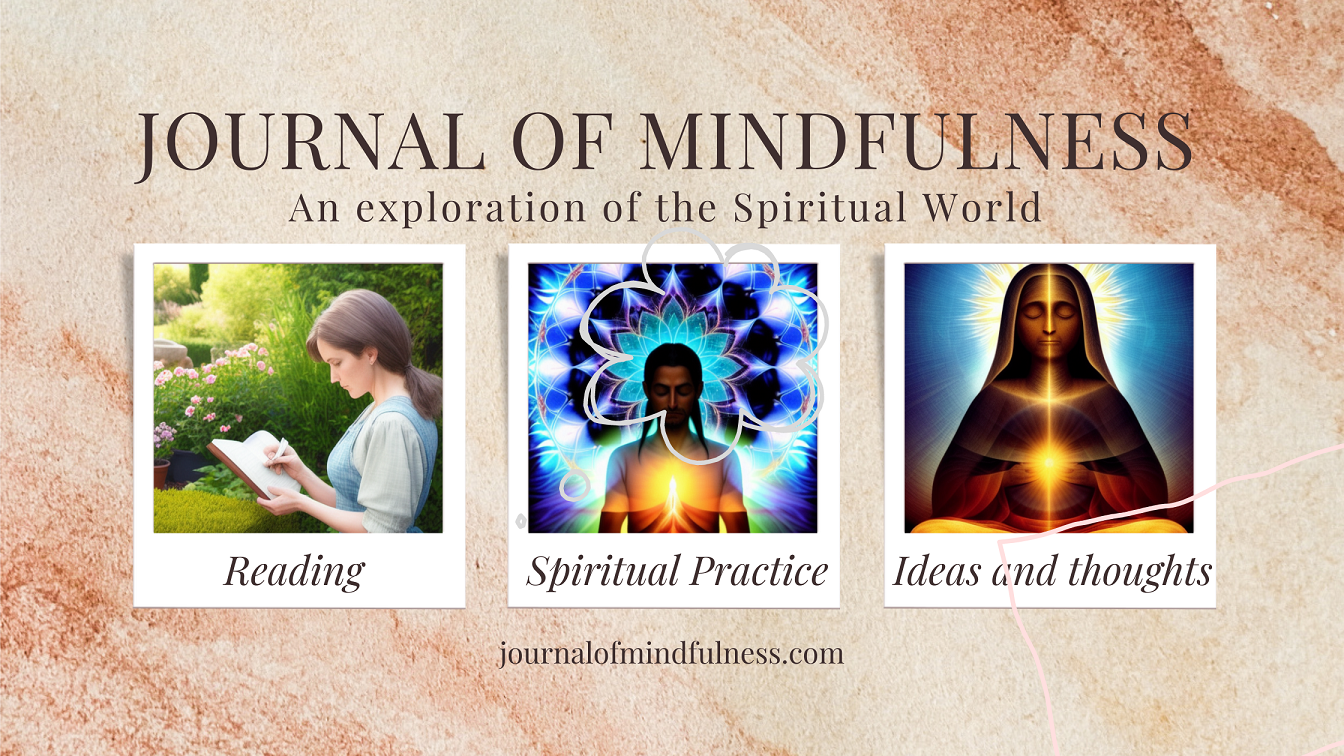Navigating Loss and Grief: The Role of Spirituality in Times of Sorrow
Loss and grief are universal experiences that touch the lives of every individual at some point. These difficult times can leave us feeling overwhelmed, confused, and searching for solace. In the midst of such pain, many turn to spirituality as a source of comfort, guidance, and healing. This blog explores the profound role of spirituality in helping people navigate the complex emotions and challenges that arise during times of loss and grief.
Finding Meaning in Loss
Spirituality provides a framework for understanding and finding meaning in the face of loss. It invites individuals to explore existential questions and grapple with the deeper aspects of life and death. Through prayer, meditation, or reflection, individuals can connect with their spiritual beliefs and seek solace in the understanding that there is a greater purpose or plan beyond their immediate pain.
Connecting with Something Greater
In times of grief, spirituality offers the opportunity to connect with something greater than ourselves. Whether it is through prayer, communing with nature, or participating in religious or spiritual rituals, these practices provide a sense of belonging, support, and guidance. Connecting with a higher power or the universe helps individuals feel less alone and find solace in the belief that they are held and supported by a benevolent force.
Comfort and Inner Peace
Spirituality can offer deep comfort and inner peace during times of loss and grief. The practice of prayer, meditation, or mindfulness allows individuals to cultivate a sense of presence, surrender, and acceptance. It provides a space to process emotions, seek guidance, and find solace in the knowledge that there is a divine order to life’s experiences. Through spiritual practices, individuals can access a source of peace that transcends their immediate circumstances.
Rituals and Ceremonies
Rituals and ceremonies hold a significant place in many spiritual traditions and can be immensely helpful in navigating the grieving process. These sacred practices provide a structured and intentional way to honor and remember the departed loved one. They offer a sense of closure, communal support, and a space for collective mourning. Rituals and ceremonies serve as a bridge between the earthly realm and the spiritual realm, helping individuals find comfort, healing, and a sense of connection with their loved ones.
Transforming Loss into Growth
Spirituality provides a transformative lens through which individuals can view their experiences of loss and grief. It encourages personal growth, resilience, and the opportunity for spiritual evolution. By embracing the belief that challenges are opportunities for learning and soul growth, individuals can find strength and meaning amidst the pain. Spirituality helps individuals reframe their experiences, allowing them to navigate the journey of grief with a sense of purpose and hope.
Community and Support
Spirituality often flourishes within a community setting. During times of loss and grief, spiritual communities can provide a safe and nurturing space for individuals to share their pain, find understanding, and receive support. Through shared rituals, prayer circles, or support groups, individuals can connect with others who have walked a similar path. These communities offer a sense of belonging, empathy, and companionship, fostering healing and resilience.
In times of loss and grief, spirituality serves as a guiding light, offering solace, comfort, and healing. It provides a framework for finding meaning, connecting with something greater, and navigating the complex emotions that arise during the grieving process. Whether through prayer, meditation, rituals, or communal support, spirituality provides a sanctuary of understanding and strength.
May we embrace the power of spirituality as a tool for healing and transformation during times of loss and grief. Let us lean into our spiritual beliefs, connect with something greater, and find solace in the knowledge that we are never alone in our journey. The role of spirituality in navigating loss and grief goes beyond providing comfort and support—it also helps individuals find resilience, hope, and a sense of purpose amidst their pain.
Through spiritual practices, individuals can cultivate a deeper understanding of the impermanence of life and the interconnectedness of all beings. They can tap into the wisdom that death is not the end but a transition into another form of existence. This perspective can bring a sense of peace and acceptance, allowing individuals to find meaning in their loss and see it as part of a larger cosmic plan.
Spirituality also encourages individuals to engage in self-reflection and inner work. It invites them to explore their emotions, fears, and beliefs surrounding loss and grief. Through practices such as journaling, meditation, or seeking guidance from spiritual teachers or mentors, individuals can gain insight and clarity. They can confront their pain, fears, and attachments, allowing them to release what no longer serves them and find a renewed sense of purpose and growth.
Furthermore, spirituality provides a framework for embracing the healing power of forgiveness and compassion. It teaches individuals to extend forgiveness to themselves and others, understanding that holding onto anger, resentment, or guilt only prolongs their suffering. Through acts of compassion and kindness, individuals can channel their pain into actions that benefit others, creating a positive ripple effect in the world.
It is important to note that spirituality is a deeply personal and individual journey. What brings solace and meaning to one person may not resonate with another. It is essential to honor and respect each individual’s unique beliefs, experiences, and paths of healing. Whether it involves connecting with a religious tradition, embracing a specific spiritual practice, or forging a personal connection with the divine, each person’s spiritual journey is valid and worthy of exploration.
In navigating loss and grief, it is also crucial to seek support from others who understand and empathize with our experiences. This support can come from spiritual communities, grief support groups, or trusted friends and family members. Sharing our stories, emotions, and memories can provide a sense of validation, understanding, and connection that eases the burden of grief.
As we navigate the terrain of loss and grief, let us remember that spirituality is not a means to bypass or suppress our pain but a tool for healing, growth, and transformation. It invites us to fully embrace the range of emotions that arise during the grieving process and find resilience and hope in the midst of our sorrow.
In conclusion, spirituality plays a profound role in helping individuals navigate loss and grief. It provides a framework for finding meaning, connecting with something greater, and cultivating resilience. Through spiritual practices, self-reflection, forgiveness, and compassionate action, individuals can find healing, purpose, and growth amidst their pain. May the wisdom and solace of a spiritual guide help through the difficult terrain of loss and grief, helping to find light in the darkest of times.


